Hannah Gadsby Marks Her Return with 'Douglas'
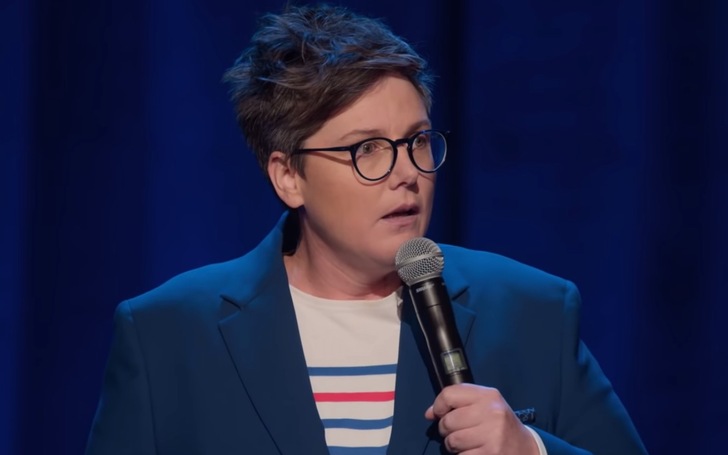
Hannah Gadsby admits feeling the pressure with 'Douglas.'
Hannah Gadsby turned into a star with her Netflix special 'Nanette,' and she obviously experiences the weight of those demands with 'Douglas.' The new stand-up performance shows both Gadsby's distinctive presence as a meta-commentator on the techniques of her craft and the challenge of capturing lightning in a bottle twice.
The Australian comic begins by essentially recapturing the concept of "Nanette"—a seamless, incredibly personal presentation of her life experience — through gags about intellect, with the benefit of hindsight, of having exhausted all that self-revealing content and mental anguish in one big burst.
Watch: Hannah Gadsby: Douglas | Official Trailer | Netflix
Then, teasingly, she continues to explain exactly where the new show will head, and how various aspects of it can impact the viewer. Like "Nanette," she brings another dimension to the humor by allowing the audience in on her beautifully designed plan, much like a special-effect artist welcoming you to her studio.
Through "Nanette," which fluttered around the Netflix world through word of mouth, Gadsby found her goal was to challenge the viewer with her plot. When you were dissatisfied with this, the idea would go, take a peek in the mirror.
You Might Like: Penn Badgley Shares His Theory on Why People Can't Help Themselves Fall for Joe
There, the expectation of a greater degree of impact than the usual stand-up performance is embedded in Gadsby 's act. And that's a high bar to clear up.
In particular, the appreciative fans do not appear to be particularly worried. From that point of view, "Douglas" is certainly not below par, but the choreographed attacks — from the anti-vaccine community ("Polio is bad!") to Louis C.K., in particular, to patriarchy and to the misogy predominantly — do not signify the same sense of threat.
Check Out: Hannah Gadsby Gives A Surprise Lesson On Female Anatomy | Netflix Is A Joke
Granted, the pool of comics who can compete with Gadsby's barbed blend of social criticism and lacerating humor remains a limited group, particularly if it's restricted to existing performers. And the sheer complexity of her voice, as a lesbian from Australia who has dealt powerfully with prejudice, goes far beyond her densely accentuated delivery.
In the speech, Gadsby takes on her detractors, particularly many who, she claims, derided "Nanette" as a "glorified TED talk."
"Douglas" may be a lot of stuff, but it's definitely not that. Nor is it the rare opportunity "Nanette" has given, illustrating the most challenging task awaiting any performer following creative and financial success is what to do with an encore.
Visit Idol Persona for more interesting news of your favorite shows.
Latest News

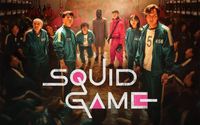
-1580912397279.jpg)

-1582712409940.jpg)

-1578376436535.png)
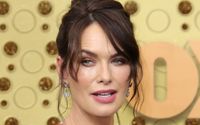
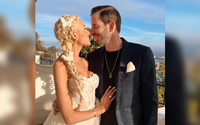

-1579172812541.jpg)
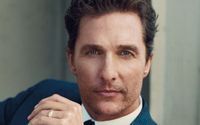
-1578912947602.jpg)